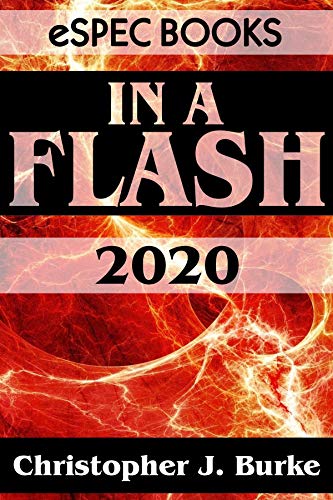Disclosure: I didn't write Full Disclosure because then I'd actually have to say something about my politics, and I'm leaving that out of the equation. But I will talk about equations.
My main objection to this debate, and any debate of this format, is that there are so many people that they don't really have time for one important thing: An Actual Debate.
There will be the grilling of the candidates (which can be done on any interview show) with softball or "gotcha" questions by moderators who generally have their own axe to grind, or at the very least, their own favorite candidate. And, sometimes, that candidate isn't even on the stage or in that party. And it shows. (Again, this goes back through years of watching these things, not specifically this past week. Which I didn't see.)
And then there are the group questions which don't merit more than a few second answer, a sound bite, an applause line, or a witty retort. One debate four years asked ridiculous questions and then, on the issues asked for a show of hands. I kid you not. Now, I hate the term "nuance" and I don't like my messages "massaged", either, but there's more to complicated issues than a "Yea" or "Nay". And, frankly, how well-defined are the terms of that five-second inquiry?
After this debate, I saw complaints about issues not talked about -- and for that, you need to fault the moderators, not the candidates. Now, candidates will speak on whatever they want to, and can ignore the questions, but too much grandstanding works against them. So they have to keep to the line of questioning for the most part. After all, it'll be over in a couple of minutes due to time constraints and forty-seven bazillion other people on the stage!
However...
On the other hand, there are problems with asking ten candidates about important issues. At the top of the list: it's boring. Any important issue will not have ten positions to stake out. After the third person speaks, there probably won't be much more to say without having to agree with, or take a shot at, one of the prior speakers. (And do we really need a second round to respond?)
It almost reminds me of The Dating Game (Yes, I'm going there, and I'm just as surprised as you are.) where the Bachelorette would ask Bachelor #1 a question, Bachelor #2 the same question, but move on to a new question for Bachelor #3. Otherwise, he'd have the most time to think of a witty answer, but it'd be boring because we already heard two "opening lines" on the same topic.
Bringing this to the debate, you could switch the question after every three candidates, but that's still problematic. We want to know where they stand on all the issues, not just the handful they were asked about.
The candidates know where they stand and where their opponents stand. So why not use that.
The Math Solution
Here is how I would structure a debate with 10 speakers:
Each candidates gets to ask each of the other candidates exactly one question with the proviso that they can't ask someone who already asked them a question (Boring!). The questionee then becomes the questioner, which is somewhat interesting and prevents the other candidates from ganging up on any one person. In case of a dead end, the moderator moves it along to someone else. As a bonus, anyone who can't figure out how many questions total the debate will have is automatically disqualified.
I am actually torn on the topic of follow-up questions because I might to hear the candidate expand upon his thoughts on serious issues affecting the country (and I know what I think are the serious issues affecting our country), but I don't want to hear seven questions about last week's tabloid headlines or anything about what some intern tweeted "by accident". I'm inclined to think that the tabloids always win, so no one person should be asked more than once about any particular issue. But then there's the problem of overlap... sigh.
Each candidate is then limited to 15 seconds to ask one opponent a question to limit the build-up/pontificating/damned-if-you-do-or-dont agenda. The other speaker is entitled to one minute and fifteen seconds to respond. Again, anyone who can't figure out the minimum amount of time for everyone to ask all the questions is automatically eliminated -- call up the JV Squad.
I am actually torn on the topic of follow-up questions because I might to hear the candidate expand upon his thoughts on serious issues affecting the country (and I know what I think are the serious issues affecting our country), but I don't want to hear seven questions about last week's tabloid headlines or anything about what some intern tweeted "by accident". I'm inclined to think that the tabloids always win, so no one person should be asked more than once about any particular issue. But then there's the problem of overlap... sigh.
In this scenario, the moderator is restricted to the task of, you know, actually moderating something. They say, "Good evening", "Next question", "Fifteen seconds left", "Time" and "Thank you, Good Night." This has the advantage of encapsulating all the most interesting things any moderator ever says anyway. As noted above, in the case of a logjam, the moderator will pick who asks the next question.
Conclusion
Would it be more interesting, informative or entertaining. Doubt it. But I'd get a kick out of it with some popcorn. Maybe.


















2 comments:
A recent episode of the Numberphile Vlog "the Curse of Lane 8" has an combinatoric application that could be the next step of this proposal.
https://www.youtube.com/watch?v=fjEB_wbemQA&list=TLWmHALgolU3cwNzA4MjAxNQ
Thanks for the link. I'll check it out.
Post a Comment